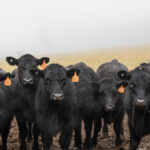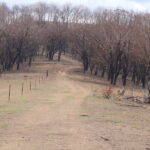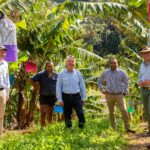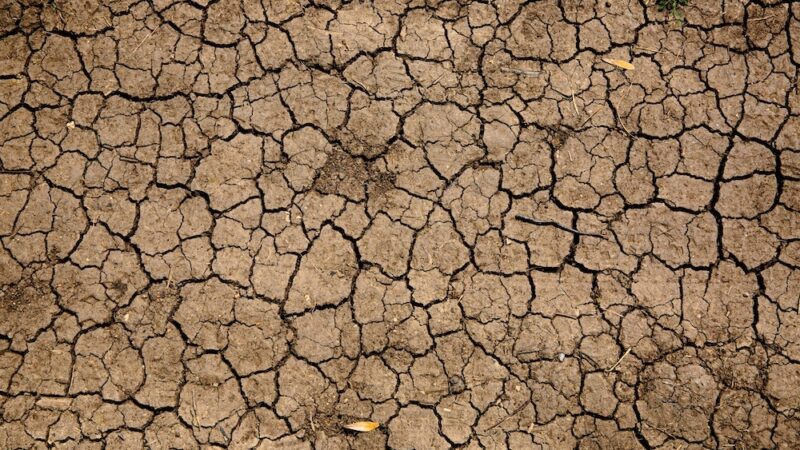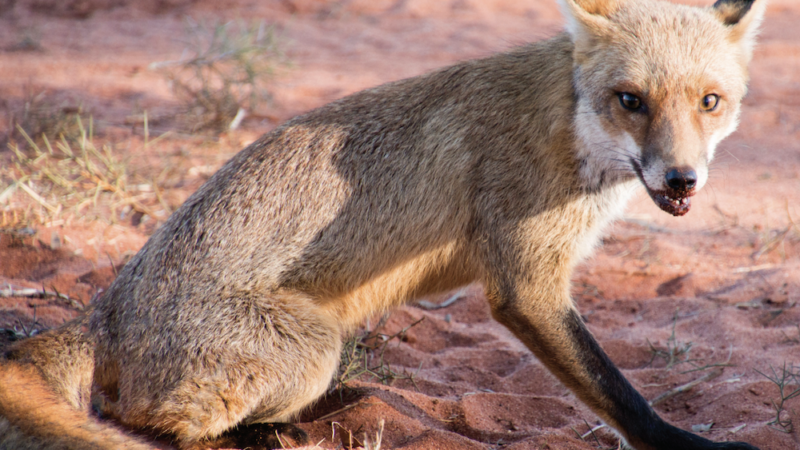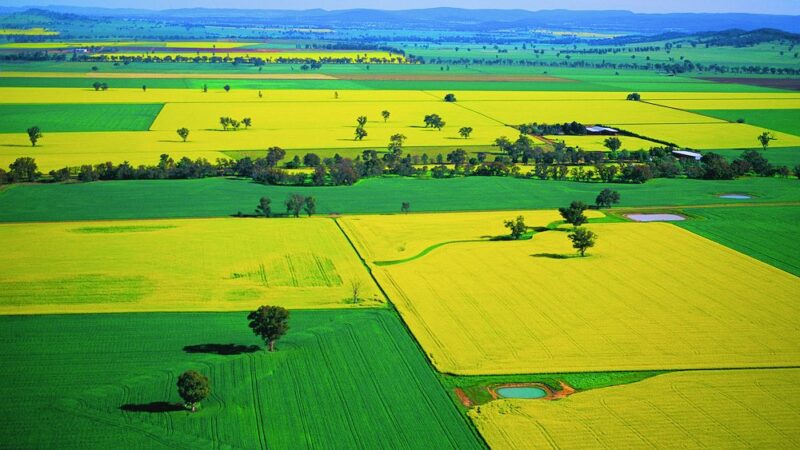Extensive flooding across NSW, Victoria and southern Queensland has prevented a new production record for…
Green tick for Australian agriculture
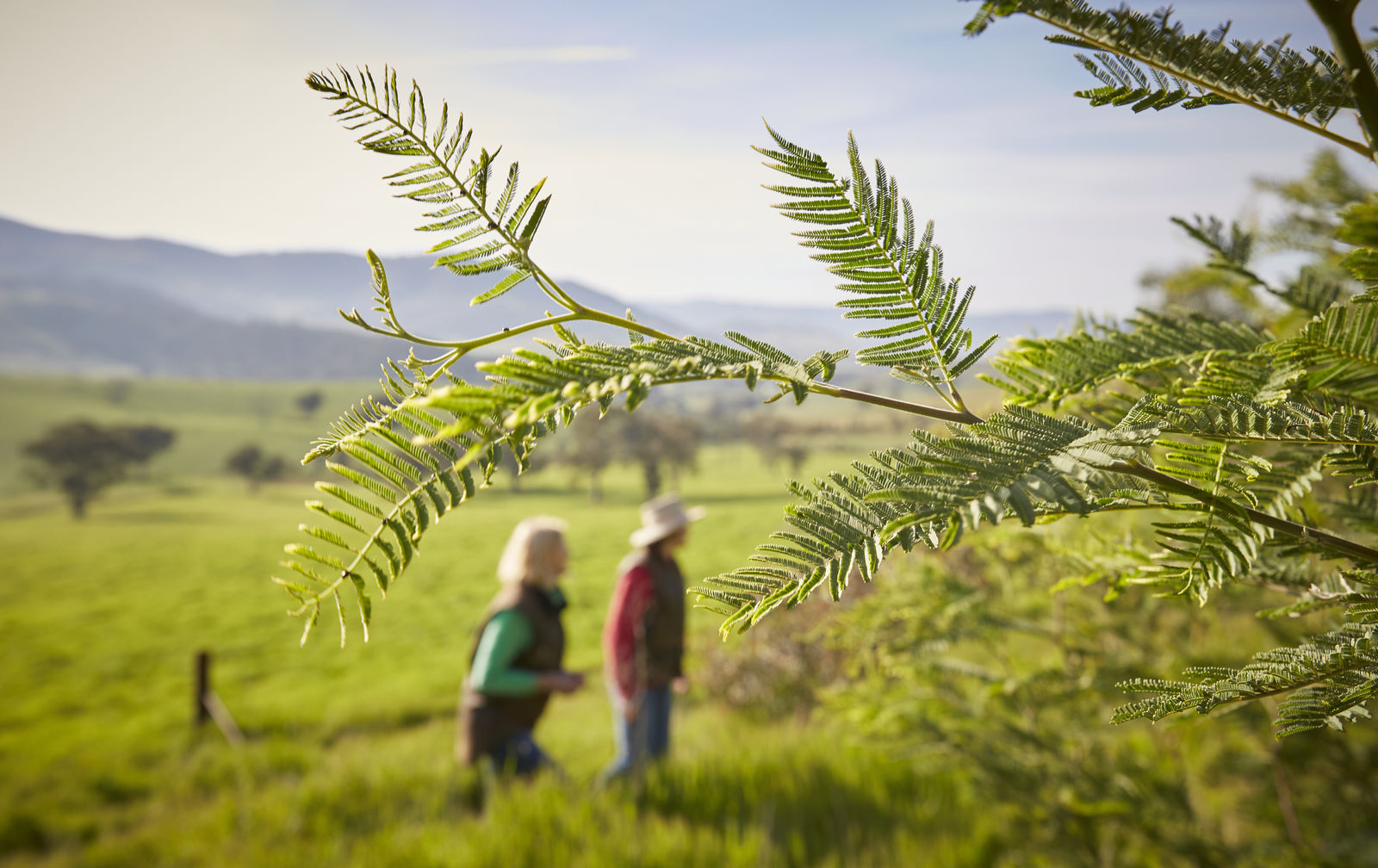
Australian agriculture has an internationally enviable environmental sustainability record.
That�s according to a study from the Australian Bureau of Agricultural and Resource Economics and Sciences (ABARES) that compared environmental sustainability and agri-environmental indicators amongst developed nations.
Australia�s emissions intensities are below average for cattle, specialist beef production, and grains compared to major developed country producers and exporters, and Australia has reduced agricultural emissions more than most developed countries in the last 30 years.
Merriwa beef producer and NSW Farmers cattle committee member Tony Hegarty says the report was a good news story for the Australian beef industry and Australian agriculture.
�It shows that we are progressing well without subsidies. The report reflects the advancement in Australian agriculture in looking at our problems and actually dealing with them.�
�That�s more than just reducing methane emissions, farmers have has also achieved efficiency improvements in fertiliser and water use.�
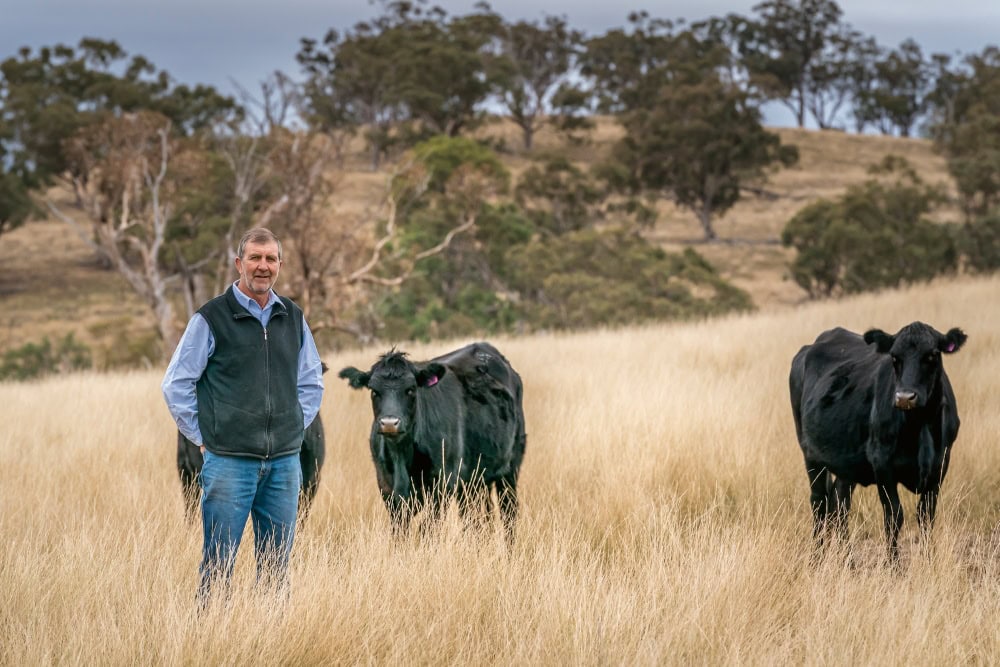
�The report also recognises that we do need to continue improving.�
Reduced emissions of methane, the largest contributor to Australia�s agricultural emissions, due to falling livestock numbers have been the key driver behind Australia�s reduction in agricultural emissions.
�From agricultural point of view, methane is the one that we have to continue to work on. We can�t stop on this and the best thing we can do is show continuous improvement.�
NSW Farmers Cattle Committee Member Tony Hegarty
Cattle Australia chair, David Foote agrees, saying there is an expectation that Australia will continue to improve.
�We have always known Australia is a world leader, and this backs up cattle producers across Australia,� he says.
�This does not mean the job is done and the cattle industry will continue to work hard on improving our systems so we can continue our global leadership in providing safe, wholesome and sustainable beef.”
�Australia is leading the way for good reason, and we have knowledge and experience that is valuable to other countries as they look to improve their production systems.�
The ABARES Environmental sustainability and agri-environmental indicators � international comparisons insights report was published this month.
Country vet shortage a growing concern
It�s getting harder and harder to find large animal veterinarians, farmers say, amid calls for increased training and targeted skilled migration.
Shane Kilby, a cattle producer from Dubbo, will take the issue to the NSW Farmers Annual Conference next week.
�As a livestock producer it�s vital to have a good relationship with a large animal veterinary practice so you can get the care you need, when you need it,� Mrs Kilby says.
�Vets are indispensable for us, whether it�s pregnancy testing, calving or even just looking in on a sick animal.
�Sadly, we�re seeing a decline in the number of large animal vets across the state and while those that are around do their best to fit you in, we can�t let the numbers continue to slip.�
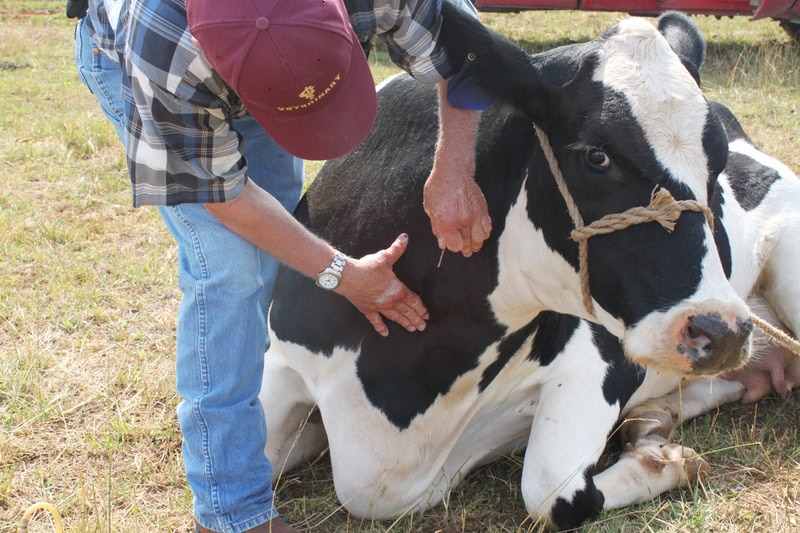
While the number of registered vets had increased on average by 3 per cent each year, they were overwhelmingly moving into small animal practice as pet ownership increased.
Mrs Kilby says a motion from the NSW Farmers Dubbo Branch to the Annual Conference would call for investment in a range of measures such as financial incentives to get vets into western NSW, ongoing tax incentives for vets to work in rural areas, and more training places targeting large animal vets training places.
�If we could get the same sort of HECS forgiveness for vets that teachers, doctors and nurses can access, we might get more vets into western NSW,� Mrs Kilby says.
�We would also like to see increased migration of skilled vets to plug the gaps in the short term, and really do more to train more vets for the future, maybe by reviewing the selection criteria for entry into veterinary science.�
More on the NSW Farmers Annual Conference here.


